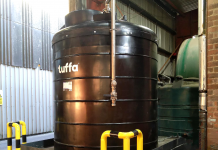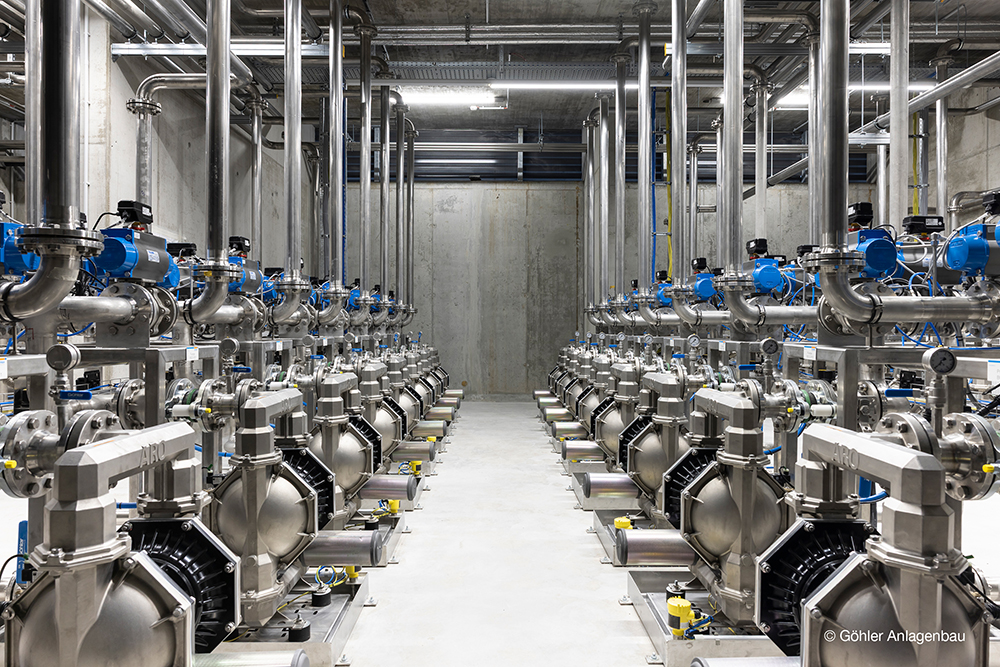UM Terminals has expanded its engineering capability as part of the company’s wider strategic growth plans.
The additional competency within the business means that it can now manage over 80 per cent of its asset integrity inspections and assessments.
The new in-house capability includes:
- Non-Destructive testing
- PCN L2 Ultrasonic testing, MPI and DPI
- EEMUA 159, API 653, API 570 assessors
- Rope Access
- Shotblasting & weld preparation
- Scaffolding
- Insulation
- Small civil works
As part of the business’s ongoing investment in IT, it has developed its own bespoke software package that can manage all aspects of task management of integrity inspections.
The software package provides mobile working for UM’s technicians so that data can be inputted live into the system, while integrity performance KPIs are also updated and can be viewed in real-time in dashboard format.
UM Terminals maintains a broad portfolio of around 40 products that it stores including vegetable oils, industrial, food and feed, chemical, fertiliser, fuels, biofuels and base oils.
It achieves this operating out of 8 terminals, strategically located across the UK, with a current capacity of over 300,000 cubic metres of bulk liquid storage, but with an ambition to increase this to around 400,000 cubic metres.
Value-added services include biofuel feedstock pre-treatment, blending, water dilution, product packing, HMRC bonded warehouse and COMAH compliance.
UM Terminals has also increased its project team to enhance its ability to solve complex problems for customers through engineering design and quick turnaround of projects.
This is an important contributory factor in the decision of many of UM Terminals’ customers choosing it as its bulk liquid storage partner.
The handling of Hydrotreated Vegetable Oils (HVOs) is an increasingly important part of UM Terminals’ business. It is the most popular renewable liquid fuel of choice as it is a drop-in replacement for mineral diesel. A key driver for the growing interest in HVOs is the looming 2030 deadline for the phasing out of new diesel vehicles and the UK government’s 2050 target to reach net-zero carbon.
Phil McEvoy, UM Terminals’ Managing Director, said: “UM differentiates itself by reacting quickly to customer enquiries and we pride ourselves on engineering solutions to difficult and complex challenges presented to us by our customers.
“This fast and efficient approach makes UM terminals very easy to do business with and provides an advantage within the tank storage market.
“We are committed to ongoing investment and enhancements to the range of services and solutions available to our customers. The recent investment in growing our engineering and project capability is a prime example of this in action.
“The investment is in two principal areas, firstly recruiting the additional personnel and expertise that enable us to continue to meet and exceed the expectations of our customers, and, secondly, we also continue to develop our IT and software capability, a key part of which is giving our teams and our customers access to real-time data that drives continuous business improvement.”
UM Terminals is part of the United Molasses Group. The Group’s other services include the international trading of molasses and the sales and distribution of molasses.










